The benefits of vitamin B12 on energy generation, neurological function, and cardiovascular health are far-reaching. Vitamin B12 is abundant in meat and dairy. Thus, vegetarians may not receive enough of it if they don’t consume these foods. Consequently, vitamin B12 insufficiency is a real possibility for vegans, and it may manifest in a variety of ways, including weakness, exhaustion, and neurological issues. By reading this article, find out why vitamin B12 foods are essential for vegetarians, what plants contain, and how to include them in your vegetarian diet. Say Goodbye to vitamin B12 deficiency with these plant-based foods for vegetarians!
Vitamin B12 Deficiency
Understanding Vitamin B12 Deficiency: Causes, Symptoms, and Treatment:
Insufficient vitamin B12 can lead to a deficiency, hindering the body’s ability to perform vital functions. Vitamin B12 supports energy production, nerve function, and heart health.
Causes of Vitamin B12 Deficiency:
Vegetarian or vegan diet: It can be challenging for those following a vegetarian or vegan diet to obtain sufficient amounts of Vitamin B12, as it is mainly found in animal products.
Impaired absorption: Conditions like celiac disease, Crohn’s disease, and gastritis can hinder the absorption of vitamin B12.
Age: Vitamin B12 absorption may be affected in older adults due to age-related changes.
Medications: Some medications, like proton pump inhibitors and histamine-2 receptor antagonists, may affect the absorption of vitamin B12.
Pregnancy and Breastfeeding Can result in a deficiency of vitamin B12 due to increased requirements.
Symptoms of Vitamin B12 Deficiency:
Feeling tired and lacking energy
Difficulty breathing
Fair complexion
Migraines
Feeling dizzy and lightheaded
Sensations of numbness or tingling in the hands and feet
Digestive problems, like diarrhea or constipation
Mood fluctuations, such as feelings of sadness or worry
Stages of Vitamin B12 Deficiency:
The different stages of Vitamin B12 deficiency are as follows:
Mild deficiency: This may result in symptoms such as fatigue, weakness, and mild neurological issues.
Moderate deficiency: Neurological symptoms become more noticeable, such as experiencing numbness and tingling.
Severe deficiency: This can lead to anaemia, neurological damage, and an increased risk of cardiovascular disease.
Treatment of Vitamin B12 Deficiency:
Dietary changes: Incorporate more vitamin B12-rich foods, such as animal products, fortified foods, or supplements.
Supplements: Consider incorporating vitamin B12 injections or oral supplements into your routine to help restore adequate levels.
Take steps to address the root causes: Properly manage any underlying conditions, such as celiac disease or gastritis, to enhance the absorption of vitamin B12.
Prevention:
Maintain a balanced diet: It is essential to maintain a balanced diet by incorporating foods rich in vitamin B12. These can include animal products, fortified plant-based milk, and cereals.
Taking supplements into consideration: For individuals following a vegetarian, vegan, or restricted diet, consider incorporating vitamin B12 supplements.
Regular check-ups: Keep track of vitamin B12 levels by scheduling routine blood tests.
Potential Consequences of Neglected Vitamin B12 Deficiency:
- Anemia
- Damage to the nervous system
- Cardiovascular disease is a significant health concern.
- Heightened susceptibility to infections
- Slow wound healing
15 Vitamin B12 Foods and Fruits for Vegetarians
Here are 15 vitamin B12 foods for vegetarians:
Plant-Based Sources:
1. Fortified plant-based milk (1 cup = 1-2 mcg)
2. Fortified cereals (1 serving = 2-6 mcg)
3. Nutritional yeast (1 tablespoon = 2-5 mcg)
4. Tempeh (3 oz = 0.5-1 mcg)
5. Seitan (3 oz = 0.5-1 mcg)
6. Miso (1 tablespoon = 0.5-1 mcg)
7. Spirulina (1 tablespoon = 0.5-1 mcg)
8. Dark leafy greens (kale, spinach, collard greens) (1 cup cooked = 0.5-1 mcg)
Vitamin B12 Rich Fruits:
1. Dates (1 cup = 0.2-0.5 mcg)
2. Prunes (1 cup = 0.2-0.5 mcg)
3. Apricots (1 cup = 0.2-0.5 mcg)
4. Avocado (1 medium = 0.1-0.3 mcg)
5. Bananas (1 medium = 0.1-0.3 mcg)
6. Figs (1 cup = 0.1-0.3 mcg)
7. Grapes (1 cup = 0.1-0.3 mcg)
Fortified Foods:
1. Fortified energy bars (1 bar = 2-6 mcg)
2. Fortified meat alternatives (1 serving = 2-6 mcg)
3. Fortified yogurt (1 cup = 1-2 mcg)
4. Fortified cheese (1 oz = 1-2 mcg)
Other Sources:
1. Brewer’s yeast (1 tablespoon = 5-10 mcg)
2. Vegan vitamin B12 supplements (varies by brand and type)
3. Fortified nutritional supplements (varies by brand and type)
Note:
– mcg = micrograms
– The vitamin B12 content may vary depending on the brand and type of food.
– It’s essential to check the nutrition label to ensure the food is fortified with vitamin B12.
– If you’re vegetarian, consuming a variety of vitamin B12-rich foods is recommended and considering supplements if necessary. Consult with a healthcare professional or registered dietitian for personalised advice.
Fortified Plant-Based Milk (1 cup = 1-2 mcg)

Fortified plant-based milk is a popular dairy-free alternative often enriched with vitamin B12. The vitamin B12 content in fortified plant-based milk can vary depending on the brand and type, but most provide around 25-50% of the Daily Value (DV) per cup. Here are some examples:
– Soy milk contains 25-40% of the daily value (2.5-4 mcg) per cup.
– Almond milk contains 25-45% of the daily value (2.5-4.5 mcg) per cup.
– One cup of coconut milk provides 20-30% of the daily value, equivalent to 2-3 micrograms.
– Oat milk contains 25-40% of the daily value (2.5-4 mcg) per cup.
– Rice milk contains approximately 20-30% of the daily value (2-3 mcg) per cup.
Fortified Cereals (1 serving = 2-6 mcg)
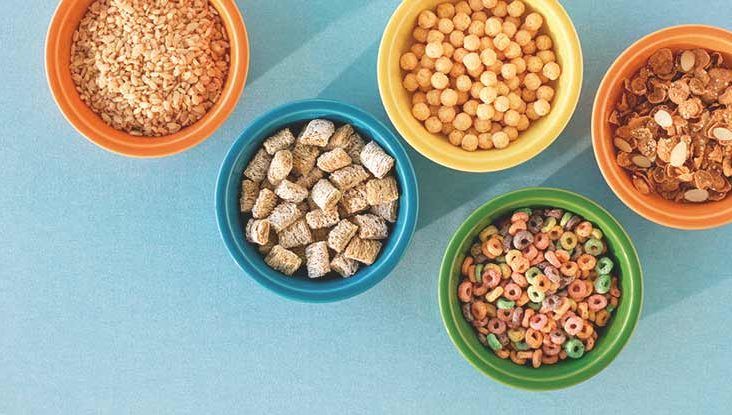
Fortified cereals are a convenient option for increasing your vitamin B12 intake. The Daily Value (DV) of vitamin B12 provided by one serving (usually 1 cup) of fortified cereals ranges from 2-6 mcg, covering 25-100% of your recommended intake. Here are some popular fortified cereals and their corresponding vitamin B12 percentages:
– Contains 100% of the daily value (6 mcg).
– Raisin Bran contains 5 mcg of Vitamin D, which provides 83% of the Daily Value.
– Corn Flakes provide 67% of the daily value with 4 mcg.
– Rice Krispies contain 50% of the daily value for vitamin D, providing 3 mcg.
– Special K contains 42% of the daily value of vitamin K, providing 2.5 mcg.
Nutritional Yeast (1 tablespoon = 2-5 mcg)
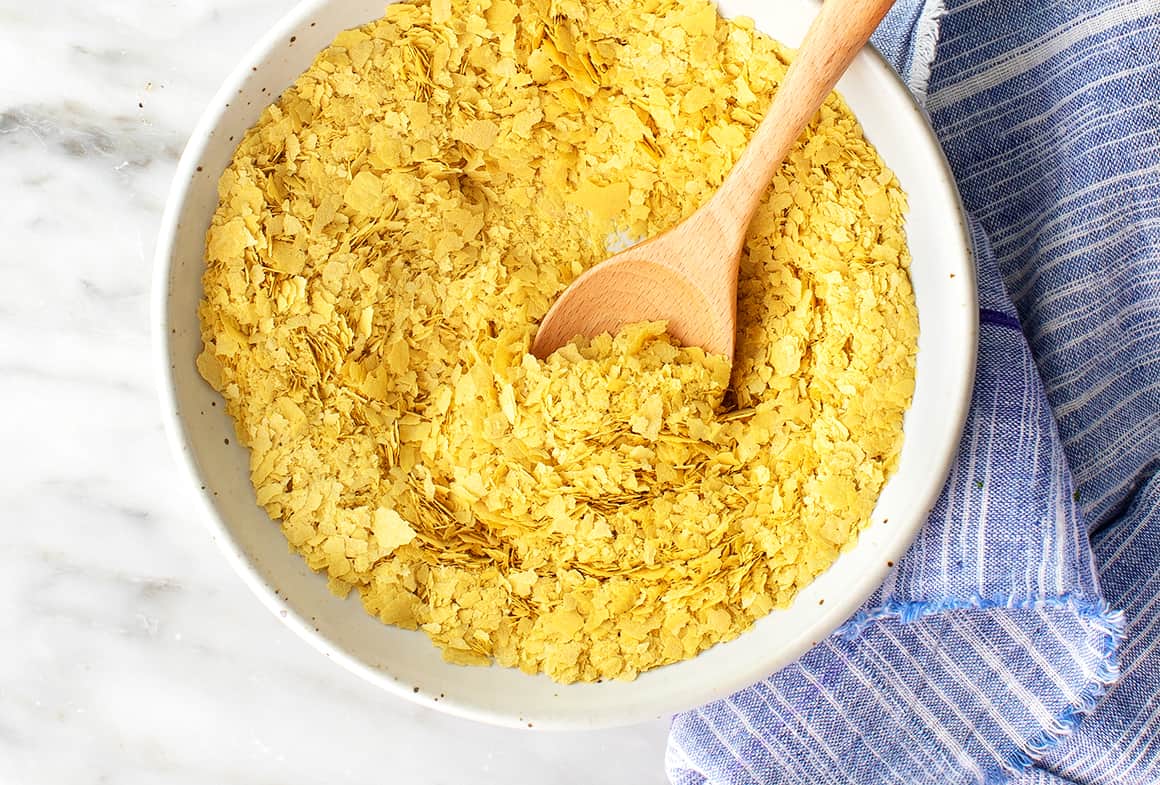
Nutritional yeast is a widely embraced vegan ingredient with a natural abundance of vitamin B12. One tablespoon provides 2-5 mcg of this essential nutrient, translating to approximately 25-63% of the Daily Value (DV). This yeast has a deliciously nutty and cheesy taste that adds a beautiful flavour to plant-based recipes. It’s a fantastic choice for vegetarians and vegans who want to increase their vitamin B12 intake.
Vitamin B12 percentage per tablespoon:
– 2 mcg provides 25% of the daily value.
– 3 mcg provides 38% of the daily value.
– 4 mcg: 50% of the Daily Value
– 5 mcg provides 63% of the daily value.
Tempeh (3 oz = 0.5-1 mcg)

Tempeh, a nutritional powerhouse, is a vegetarian option that contains vitamin B12. This fermented soybean product is a good source of vitamin B12, with a 3-oz serving providing around 6-13% of the Daily Value (DV). Incorporating tempeh into your diet can significantly boost your B12 intake.
Vitamin B12 percentage per 3 oz serving:
– 0.5 mcg provides 6% of the daily value
– 0.75 mcg: 9% of the daily value
– 1 mcg provides 13% of the daily value.
Seitan (3 oz = 0.5-1 mcg)
:max_bytes(150000):strip_icc()/What-Is-Seitan-and-Is-It-Healthy-2000-f3ef59c17eca4e149e8dcadab67a3a0d.jpg)
Seitan is a nutritious vegetarian option made from wheat gluten that contains vitamin B12. The Daily Value (DV) of vitamin B12 in a 3-oz serving of seitan is approximately 6-13%, providing 0.5-1 mcg of this essential nutrient.
Vitamin B12 percentage per 3 oz serving:
– 0.5 mcg: 6% of the daily value
– 0.75 mcg: 9% of the daily value
– 1 mcg provides 13% of the Daily Value (DV)
Miso (1 tablespoon = 0.5-1 mcg)
:max_bytes(150000):strip_icc()/miso-0742a22d18f84bb99659c1368b25c12d.jpg)
Miso, a fermented soybean paste, is a nutritious vegetarian ingredient rich in vitamin B12. With its moderate amount of vitamin B12, one tablespoon of miso provides around 6-13% of the Daily Value (DV), making it a reliable source of this essential nutrient.
Vitamin B12 percentage per tablespoon:
– 0.5 mcg: 6% of the daily value
– 0.75 mcg: 9% of the daily value
– 1 mcg provides 13% of the daily value.
Spirulina (1 tablespoon = 0.5-1 mcg)
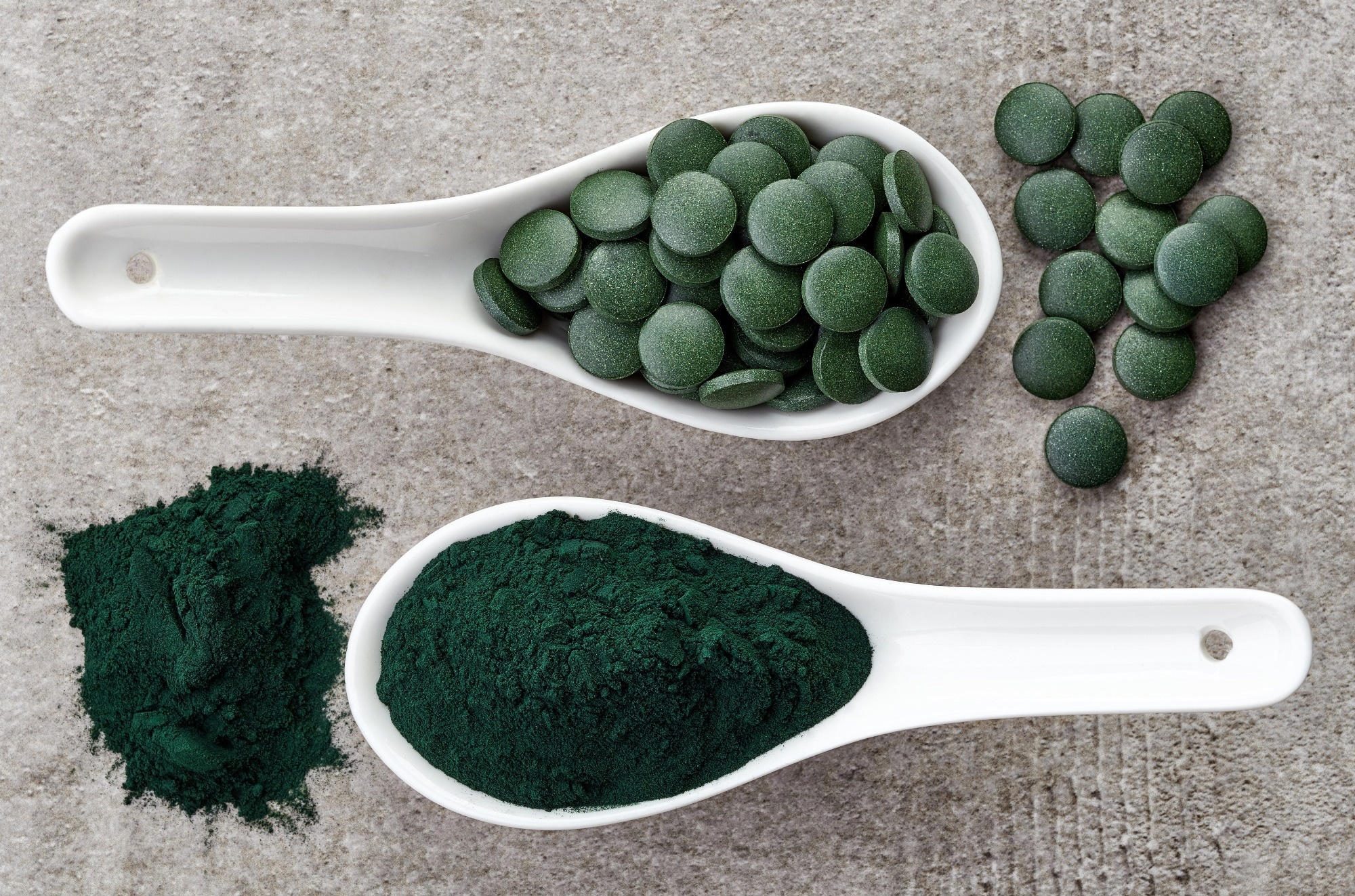
Spirulina is a microalgae supplement known for its nutritional value and vegetarian-friendly nature. It is also a good source of vitamin B12. One tablespoon of spirulina contains approximately 0.5-1 mcg of vitamin B12, accounting for around 6-13% of the Daily Value (DV).
Vitamin B12 percentage per tablespoon:
– 0.5 mcg: 6% of the daily value
– 0.75 mcg: 9% of the daily value
– 1 mcg provides 13% of the daily value.
Dark leafy greens (kale, spinach, collard greens) (1 cup cooked = 0.5-1 mcg)
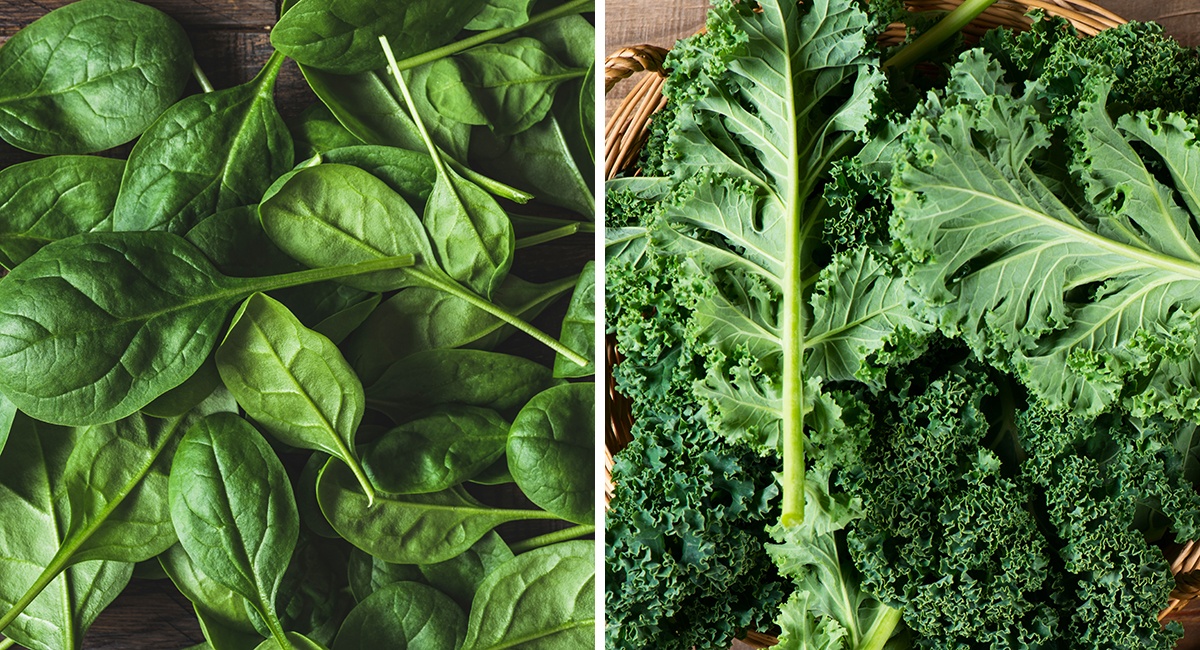
Dark leafy greens such as kale, spinach, and collard are excellent vegetarian choices packed with vitamin B12. A single serving of cooked dark leafy greens contains about 0.5-1 mcg of vitamin B12, roughly 6-13% of the Daily Value (DV).
Percentage of Vitamin B12 per 1 cup cooked:
– 0.5 mcg: 6% of the daily value
– 0.75 mcg: 9% of the daily value
– 1 mcg provides 13% of the daily value.
Here are some specific examples:
– Kale contains 0.5-0.7 mcg (6-9% DV) of the nutrient.
– Spinach contains 0.5-0.8 mcg (6-10% DV) of the nutrient.
– Collard greens contain 0.5-1 mcg (6-13% DV) of the nutrient.
Dates (1 cup = 0.2-0.5 mcg)
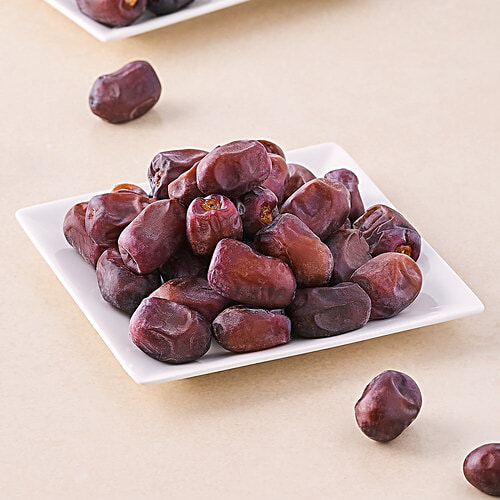
Dates are a healthy and convenient snack that is a rich source of vitamin B12. With one cup providing around 2-6% of the Daily Value (DV) of vitamin B12, dates are a perfect on-the-go option for maintaining health.
Vitamin B12 percentage per 1 cup dates:
– 0.2 mcg: 2% of the daily value
– 0.3 mcg: 4% of the daily value
– 0.5 mcg: 6% of the daily value
Prunes (1 cup = 0.2-0.5 mcg)
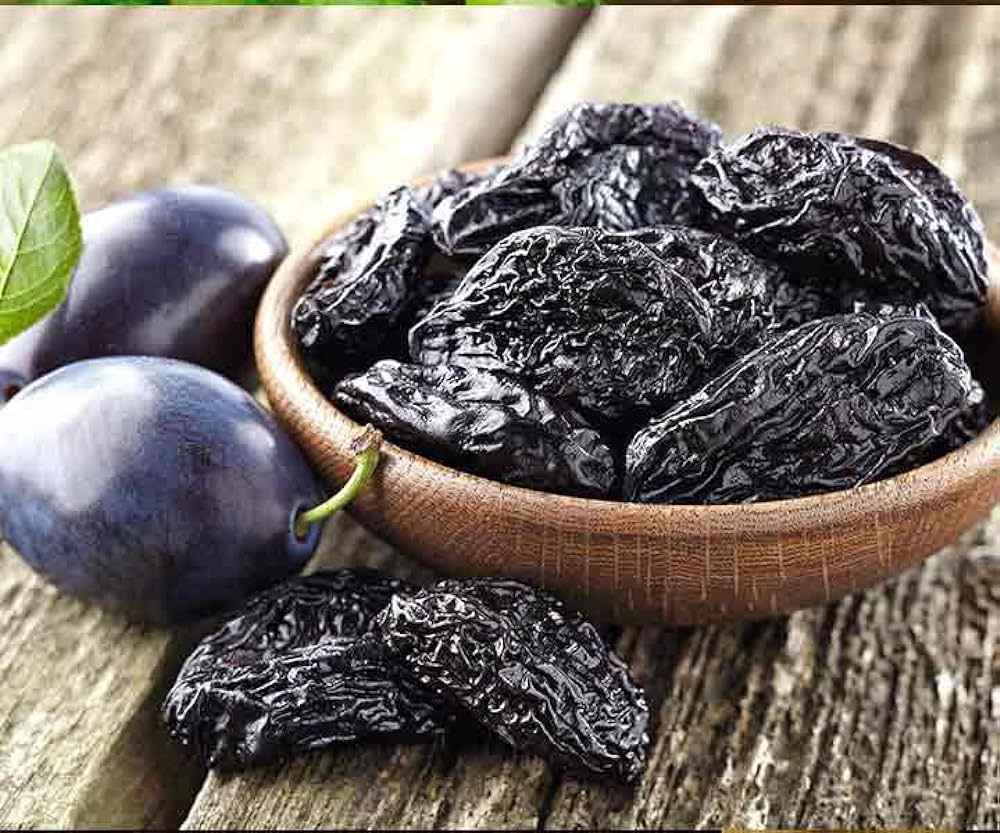
Prunes, also known as dried plums, are a fruit rich in vitamin B12 and offering numerous nutritional benefits. While small, the amount of vitamin B12 found in one cup of prunes is a significant 2-6% of the Daily Value (DV), making it a valuable addition to your nutritional needs.
Percentage of Vitamin B12 in 1 cup of prunes:
– 0.2 mcg: 2% of the Daily Value
– 0.3 mcg: 4% of the daily value
– 0.5 mcg: 6% of the daily value
Apricots (1 cup = 0.2-0.5 mcg)
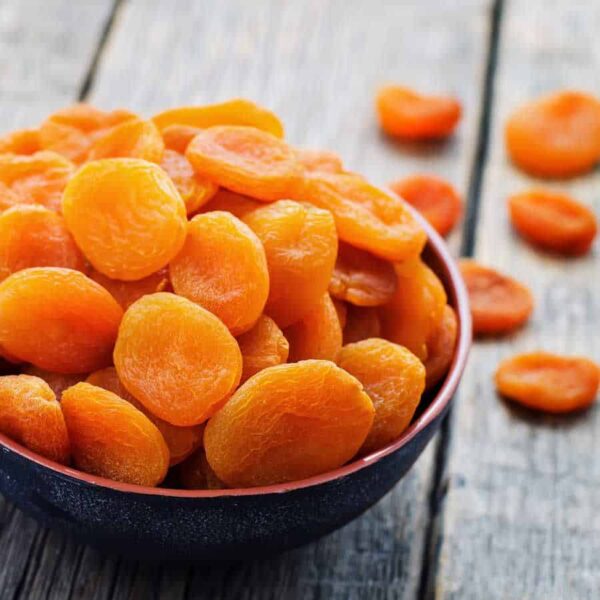
Apricots are a healthy fruit that is rich in vitamin B12. Vitamin B12 in one cup of apricots is 0.2-0.5 mcg, equivalent to about 2-6% of the Daily Value (DV).
Vitamin B12 percentage per 1 cup apricots:
– 0.2 mcg: 2% of the Daily Value
– 0.3 mcg: 4% of the Daily Value
– 0.5 mcg: 6% of the daily value
Avocado (1 medium = 0.1-0.3 mcg)
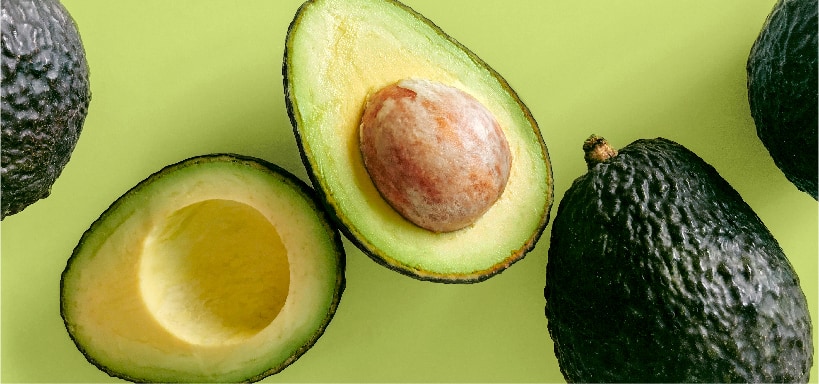
Avocados are healthy fruits rich in vitamin B12. The vitamin B12 content in one medium avocado is approximately 0.1-0.3 mcg, accounting for about 1-4% of the Daily Value (DV).
Vitamin B12 percentage per medium avocado:
– 0.1 mcg: 1% of the Daily Value
– 0.2 mcg: 2% of the daily value
– 0.3 mcg: 4% of the daily value
Bananas (1 medium = 0.1-0.3 mcg)
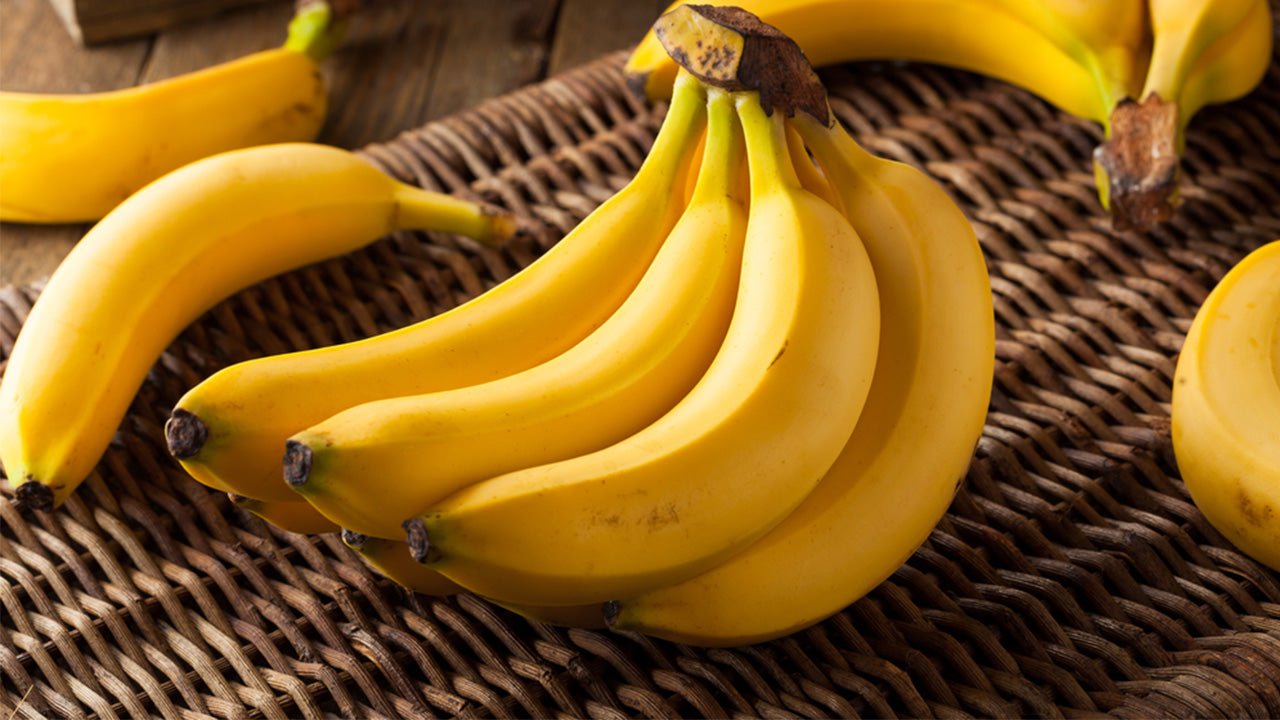
Bananas are a nutritional powerhouse rich in vitamin B12. Even a medium-sized banana packs a punch, providing about 1-4% of this essential nutrient’s Daily Value (DV).
Vitamin B12 percentage per medium banana:
– 0.1 mcg: 1% of the daily value
– 0.2 mcg: 2% of the daily value
– 0.3 mcg: 4% of the daily value
Figs (1 cup = 0.1-0.3 mcg)
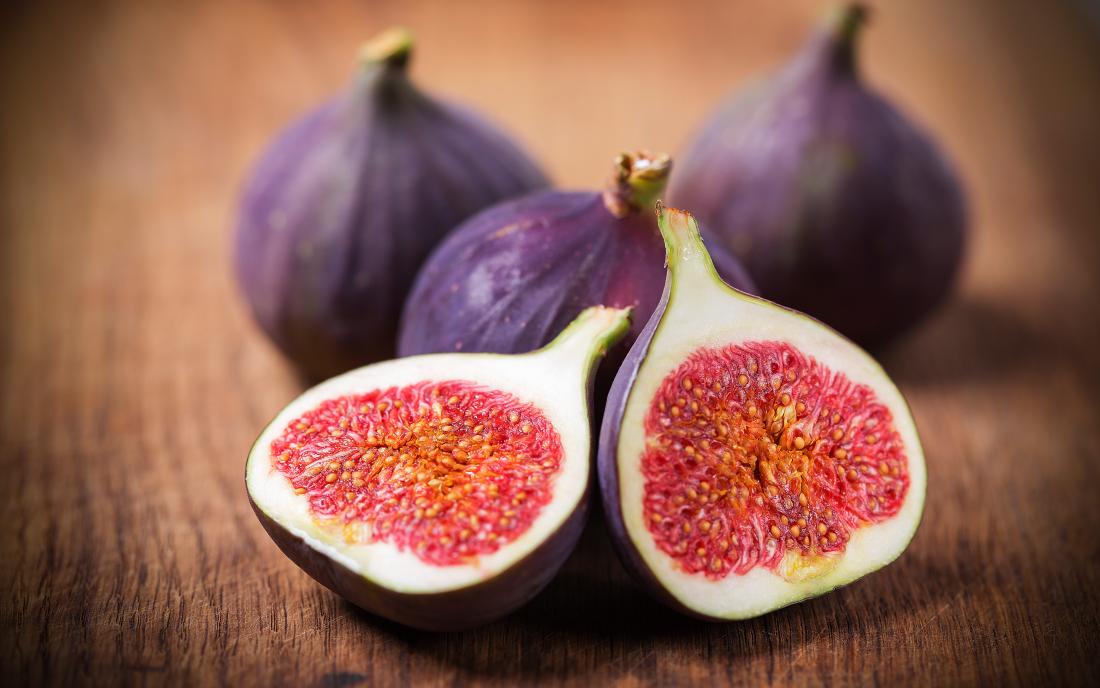
Figs are a healthy fruit rich in vitamin B12. One cup provides around 1-4% of the Daily Value (DV).
Vitamin B12 percentage per 1 cup figs:
– 0.1 mcg: 1% of the daily value
– 0.2 mcg: 2% of the daily value
– 0.3 mcg: 4% of the Daily Value
Grapes (1 cup = 0.1-0.3 mcg)

Grapes are a healthy fruit that is rich in vitamin B12. Grapes contain a small amount of vitamin B12, providing 1-4% of the Daily Value (DV) in one cup.
Vitamin B12 percentage per 1 cup of grapes:
– 0.1 mcg: 1% of the daily value
– 0.2 mcg: 2% of the Daily Value
– 0.3 mcg: 4% of the Daily Value
Conclusion
Vegetarians should ensure they receive enough vitamin B12 to maintain good health. You can ensure you get enough vitamin B12 by eating fortified meals, supplements, and plant-based sources. Speak with a doctor or certified dietitian for guidance on your specific vitamin B12 requirements. Maintaining a healthy vegetarian diet rich in vitamin B12 requires minimal planning and preparation. Nourish your body with vitamin b12-rich plant-based foods for Vegetarians!
FAQs
Q: What are the complications of untreated vitamin B12 deficiency?
A: Complications include anaemia, neurological damage, cardiovascular disease, increased risk of infections, and poor wound healing.
Q: How long does it take to recover from vitamin B12 deficiency?
A: Recovery time varies depending on the severity of the deficiency and individual factors but typically takes several weeks to months with proper treatment.
Q: Can stress cause vitamin B12 deficiency?
A: Stress can exacerbate vitamin B12 deficiency symptoms, but it is not a direct cause of the deficiency.
Q: Are there any natural remedies for vitamin B12 deficiency?
A: While some natural remedies (e.g., vitamin B12-rich foods and herbal supplements) may help alleviate symptoms, consulting a healthcare professional for proper diagnosis and treatment is essential.
Boost Your Energy with These Vitamin B12-rich Foods for Vegetarians!

